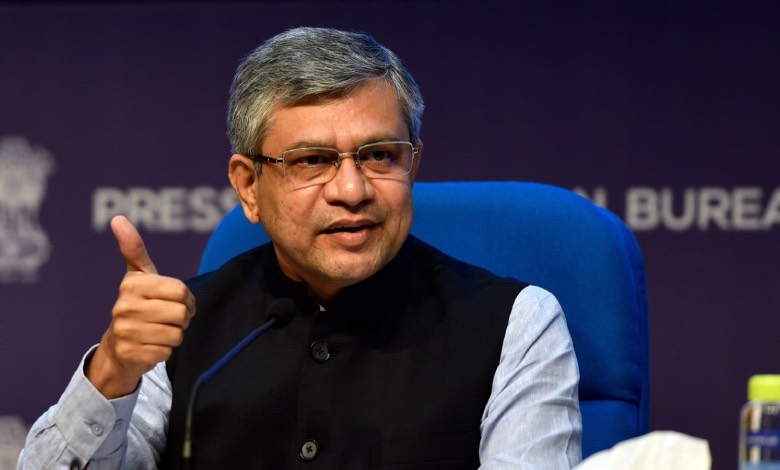
In a significant move to boost domestic semiconductor manufacturing, the Union Cabinet has greenlit a ₹3,706 crore joint venture between HCL and Foxconn to establish a chip assembly and packaging plant in Uttar Pradesh’s Jewar. This project becomes the sixth to be approved under the ₹76,000 crore India Semiconductor Mission.
Of the total investment, ₹1,500 crore will be provided as government incentives under the country’s chip production scheme. The facility, located near the upcoming Jewar airport within the Yamuna Expressway Industrial Development Authority zone, is set to produce display driver chips used in mobile phones, laptops, automobiles, PCs, and other display-integrated devices. It will have the capacity to process 20,000 wafers per month, delivering 36 million chips monthly.
This marks Foxconn’s second attempt at entering India’s semiconductor sector. In 2022, the company partnered with Vedanta to propose a chip fabrication plant. However, the venture collapsed in 2023 due to their inability to secure a suitable technology partner, with Vedanta’s financial challenges cited as a contributing factor.
Union IT Minister Ashwini Vaishnaw stated that the new unit is expected to commence chip production by 2027. Once operational, it will cater to approximately 40% of India’s domestic demand for display driver chips, with the remaining output destined for Foxconn’s international operations.
The Jewar plant is the first chip unit approved in Uttar Pradesh under the India Semiconductor Mission. Other major facilities are underway in Gujarat, which is home to four projects including a fabrication unit and three assembly plants, and in Assam, where another assembly facility is under construction.
Since the dissolution of the Foxconn-Vedanta joint venture, the government has successfully attracted five semiconductor manufacturing and assembly projects across the country. The India Semiconductor Mission has so far secured $18 billion in investments in its first phase, which was launched in December 2021 with a $10 billion budget to jumpstart India’s chip ecosystem.
Key projects under the initiative include the $11 billion Tata-PSMC fabrication plant, and assembly units by Micron Technology (US), Tata Group, Murugappa Group’s CG Power in collaboration with Japan’s Renesas, and Kaynes Semicon. These facilities are progressing rapidly, with India’s first indigenously produced chip expected to be released later this year.
As reported by a Media NewsPaper The Indian Express in August, the Centre has also prepared a $15 billion framework for the second phase of the India Semiconductor Mission. This next phase aims to provide capital support for essential raw materials and specialty gases required in semiconductor manufacturing.




